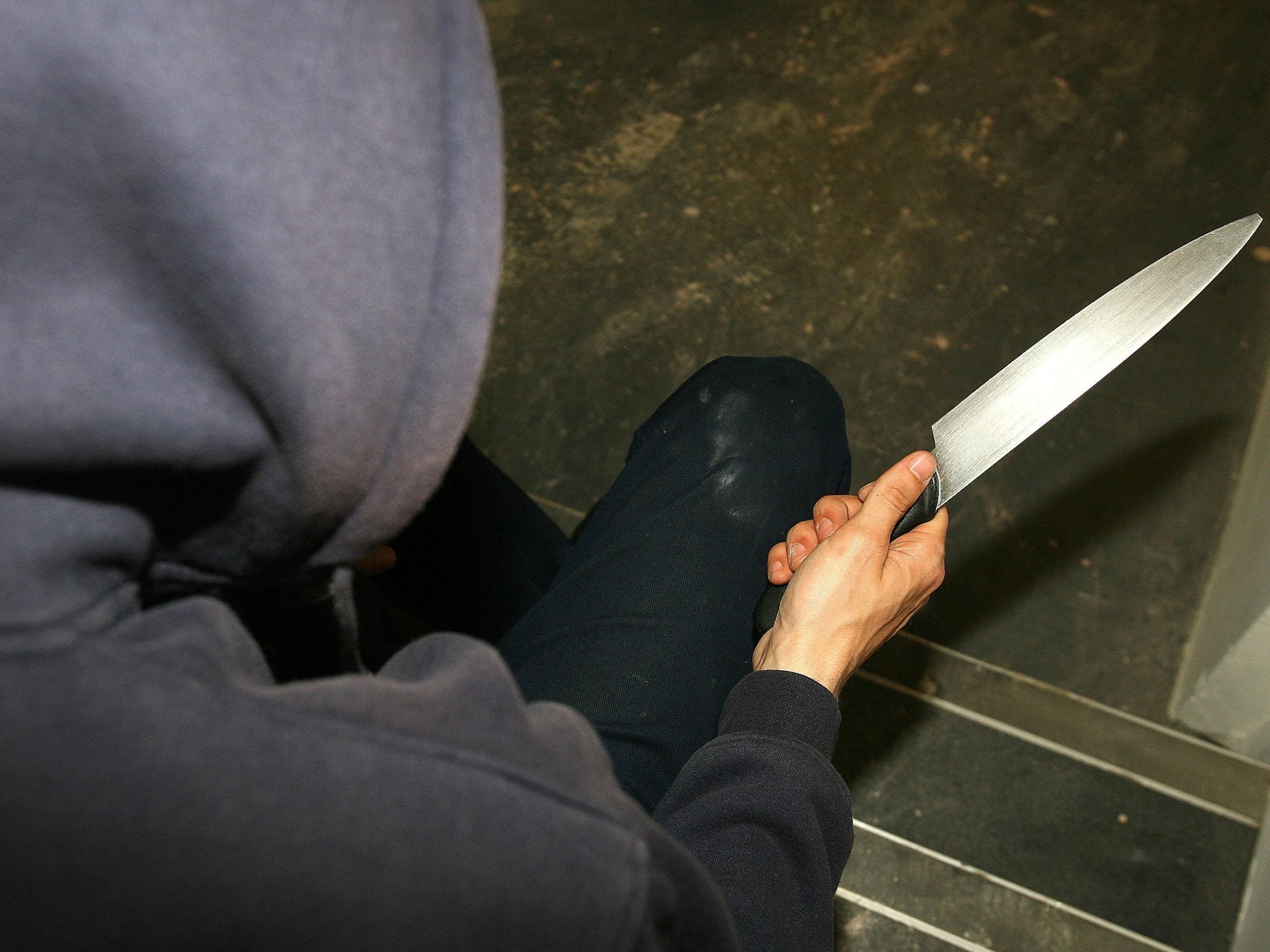Knife crime: Stop and search should be used in schools, top police officer says
Metropolitan Police plan to increase the number of full-time police officers based in London schools

Your support helps us to tell the story
From reproductive rights to climate change to Big Tech, The Independent is on the ground when the story is developing. Whether it's investigating the financials of Elon Musk's pro-Trump PAC or producing our latest documentary, 'The A Word', which shines a light on the American women fighting for reproductive rights, we know how important it is to parse out the facts from the messaging.
At such a critical moment in US history, we need reporters on the ground. Your donation allows us to keep sending journalists to speak to both sides of the story.
The Independent is trusted by Americans across the entire political spectrum. And unlike many other quality news outlets, we choose not to lock Americans out of our reporting and analysis with paywalls. We believe quality journalism should be available to everyone, paid for by those who can afford it.
Your support makes all the difference.Pupils should be stopped and searched in schools in areas with knife crime problems, a senior police officer has said.
Mark Simmons, assistant commissioner of London's Metropolitan Police, told MPs it would increase safety among young people.
He said that the measure could be an “important tool” when knife crime is suspected, but it should be applied sensitively.
Mr Simmons added that his force was planning to more than double the number of police officers based in London schools amid concerns about a surge in knife crime.
"We are investing heavily in more officers working full-time in schools,” he told the Commons’ education select committee inquiry on knife crime. "We have gone from 280 or so 12 to 18 months ago to 420 officers full-time, and our ambition is to get to just under 600.”
Mr Simmons, who is in charge of local policing, added: “We know that stop and search is an effective measure in trying to increase safety, reduce the likelihood that young people will carry knives.”
He said: "There's all the qualifiers that go with that around how we do it, particularly with young people and around schools. It needs to be done in conjunction with engagement so that it is not seen entirely as there is only one side of policing - the intrusive powers that young people see."
Sir Michael Wilshaw, former Ofsted chief inspector, told the committee that stop and searches in school would mean youngsters picking up knives when they got home.
He added that there was violence on the streets in a way he has never seen. The crime was “vicious”.
Sir Michael, now a professor of education and director of multi-academy trusts at St Mary's University, said: "That is a real social issue for all of us - we have got the mean streets developing in parts of London and Birmingham and elsewhere, ensuring young people are frightened."
A key focus of the inquiry was a possible correlation between the rise in the number of pupils being excluded from school and an increase in knife crime.
It comes after police chiefs warned Theresa May that a “broken” school exclusion system is linked to rising knife crime.
Sir Michael, a former headteacher in London, told MPs that when he excluded children from school, he knew the damaging effect it was likely to have.
He said: “I often realised that I was often committing them to a miserable few years afterwards. So it was a very painful decision to make and we sent very negative messages to that youngster - usually a boy - and to their family, about themselves. And we realised very quickly that, even if they went to a decent pupil referral unit - and there weren't that many about - that they were in great danger of being drawn into crime."
The former Ofsted chief also raised concerns about the role of local authorities in monitoring school exclusions and vulnerable pupils through the system, and he added that funding issues are "undoubtedly" connected to exclusions.
Carlie Thomas, a senior caseworker at the St Giles Trust charity, added that when young people are at school, they are not on the street.
She said: "The minute they're excluded, they are placed at risk. They're already at risk, these young people. But that is another seven hours for their elders to get to them on a daily basis - to groom them, to encourage them to get involved with criminal activity.”
Additional reporting by Press Association